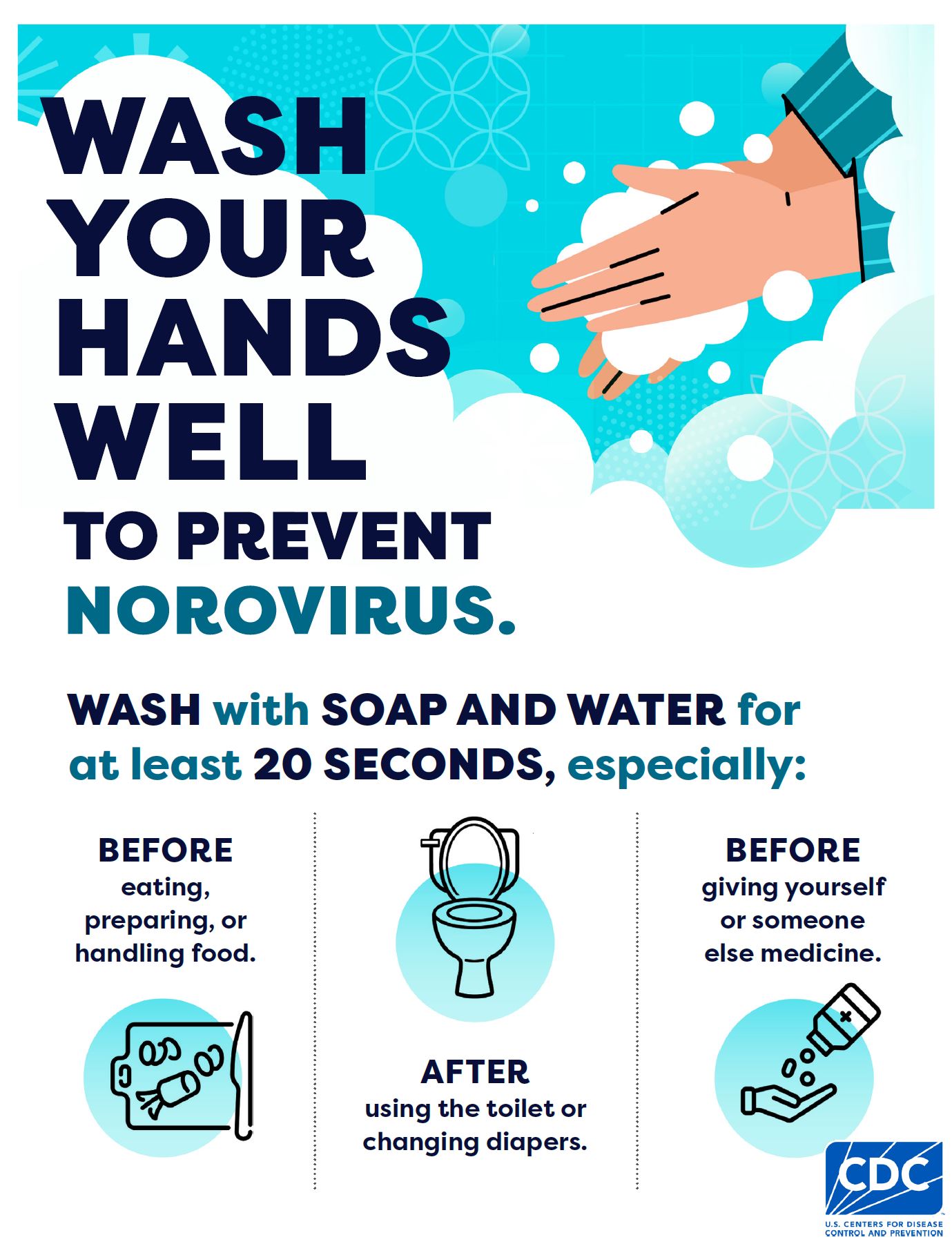How to Quickly Eliminate Bad Dog Breath
Understanding Bad Dog Breath
When it comes to our furry friends, **bad dog breath** can be a common issue that many pet owners face. It's not just an unpleasant smell; it can also signal potential underlying health problems. Understanding the causes of bad breath in dogs is crucial for taking effective action. Factors such as poor **dental hygiene**, dental disease, gastrointestinal issues, or even specific dog breed tendencies could contribute to **dog breath problems**. Moreover, the way your dog chews and their eating habits can affect their oral health too. Recognizing these signs early can lead to better preventive measures, ensuring a healthier and fresher-smelling dog.
Common Causes of Bad Dog Breath
Several factors can cause **bad breath in dogs**. **Dental disease** is one of the most significant culprits, often stemming from plaque buildup and poor **oral hygiene**. The bacteria that thrive in neglected mouths can lead to halitosis as they produce foul-smelling gases. Additionally, gastrointestinal problems, such as dietary issues or infections, may also emit unpleasant odors from your dog’s mouth. It’s important to pay attention to these smells as they could indicate that it’s time for cleaning or consultation with a veterinarian. Regular **dog dental check-ups** can help identify these issues before they escalate into serious health problems.
Signs of Bad Dog Breath
Detecting **bad breath signs in dogs** is easier when you know what to look for. Notice if your canine companion frequently paws at their mouth or displays discomfort while chewing. You might also observe a drastic change in breath smell — a sweet, fruity scent can indicate diabetes, while sour odors could hint at gastrointestinal issues. Tracking these signs and establishing a **dog dental hygiene** routine can significantly enhance your pet’s well-being and eliminate undesirable mouth odors.
Effective Dog Breath Remedies
Fortunately, there are numerous **dog breath remedies** that can effectively address bad dog breath. By implementing a combination of **dental care**, dietary choices, and regular check-ups, you can significantly improve your pet’s breath. Simple tasks, such as routine brushing of their teeth or the use of **vet-approved dog breath products**, can go a long way in ensuring your dog's mouth stays fresh. Moreover, adjusting their diet to include **best dog food for dental health** can also foster better **dog oral hygiene**.
Home Remedies for Dog Breath
For pet owners looking to address **dog breath issues** at home, there are various **homemade dog breath fresheners** that can help. A mixture of water and apple cider vinegar can act as a natural mouthwash, and blending parsley into your dog’s food can help mask odors due to its freshening properties. Additionally, you can incorporate ingredients like coconut oil, known for its properties in preventing the buildup of harmful bacteria. These **natural dog breath solutions** are not only beneficial but also easy to implement into your dog's daily routine.
Using Dental Chews for Fresh Breath
Investing in the **best dog dental chews** can be an effective way to combat **bad dog breath**. These chews not only fulfill your dog’s natural chewing instinct but also promote teeth cleaning while freshening their breath. Look for dental treats with enzymatic properties or those designed to reduce plaque and tartar buildup. They serve a dual purpose of enjoyable entertainment and enhancing your canine’s dental care routine, reinforcing their **dog dental health tips**.
The Importance of Dog Dental Care
Just like humans, dogs need routine **dental care** to maintain their health. Proper **dog teeth cleaning** routines not only prevent bad breath but also stop the progression of dental diseases that can affect your pet's overall well-being. As pet parents, it’s our responsibility to provide **effective ways to combat dog breath**, which in turn enhances our dog’s quality of life. Regular visits to the veterinarian for dental health assessments are crucial to catch any signs of trouble early, significantly decreasing these issues.
Brushing Your Dog's Teeth
One of the most effective methods to ensure fresh **dog breath** is regular brushing. Learning **how to clean your dog's teeth** can seem daunting, but with the right approach, it can become a bonding routine. Begin by selecting a **best dog toothbrush** and toothpaste formulated specifically for pets. Use gentle strokes and reward your dog with treats or affection to create a positive experience. Consistency is key; aim to brush your dog’s teeth at least two to three times a week, reminding them that oral hygiene is part of their care routine.
Choosing Dog Mouthwash or Breath Spray
Utilizing **dog mouthwash** or breath spray is another effective way of managing **dog breath health issues**. These products often contain ingredients that help neutralize bad odors and prevent bacterial growth. While they do not replace brushing, they can be an excellent complement to your dog’s daily oral hygiene. Look for vet-approved products that are made of natural ingredients to ensure they are safe for your furry friend. Routine use can lead to noticeable improvements in **keeping your dog's mouth healthy**.
Professional Solutions for Dog Breath
In extreme cases where home remedies fall short, visiting your veterinarian for professional solutions may be necessary. **Bad breath in elderly dogs** or other dogs with persistent oral odor may indicate serious issues, such as periodontal disease or systemic illnesses. Your vet can assess your dog's condition and recommend treatments or dental cleaning procedures that will restore their mouth's freshness.
Vet-Approved Dog Breath Products
Numerous **vet-approved dog breath products** are on the market designed specifically to tackle **dog breath problems**. These solutions often include dental drops, wipes, and specific breath sprays that can effectively neutralize odors and promote oral health. Always consult your veterinary professional before selecting products to ensure they meet your dog's individual health needs and do not interact with any medications they may be on.
The Role of Regular Check-Ups
Maintaining routine vet visits is crucial to monitor your dog’s **dental health**. Vets can conduct thorough examinations of your dog’s mouth and teeth, professional cleanings when necessary, and provide personalized preventive care guidelines. Establishing a regular check-up schedule can help you stay ahead of potential issues, ensuring your dog's dental health doesn’t decline and that **dog breath prevention strategies** are implemented consistently.
Key Takeaways
- Understanding causes and signs of bad breath helps in managing dog oral health.
- Home remedies and dental chews can effectively improve dog breath freshness.
- Routine brushing and professional care are essential for good dental hygiene.
- Consult your veterinarian for severe breath issues and personalized guidance.
- Keeping a comprehensive **dog dental care** routine is vital for your dog's overall health.
FAQ
1. What are the common signs of bad dog breath?
Common signs of **bad breath in dogs** include foul odor coming from their mouth, changes in their eating or chewing habits, and signs of discomfort, such as pawing at the mouth or reluctance to chew. Early detection can prevent more severe dental or health issues.
2. Are there any natural remedies for dog breath?
Yes, **homemade dog breath fresheners** can include parsley or apple cider vinegar mixed in water. Additionally, incorporating coconut oil into your dog’s diet can also help improve their breath while providing other health benefits.
3. How often should I brush my dog's teeth?
It’s recommended to brush your dog's teeth at least two to three times a week, ideally every day, to provide the best oral care. The more consistent you are, the better your dog’s **irregular breath** and overall dental health will be.
4. What should I do if my dog's breath smells fruity?
A fruity smell can be an indication of diabetes in dogs. It's essential to consult your veterinarian if you notice this change in your dog’s breath. Prompt vet evaluation can prevent serious health complications related to **gastrointestinal issues in dogs**.
5. Can diet affect my dog's breath?
Absolutely. A **dog dental diet** rich in dental-friendly ingredients can help reduce odors associated with poor oral health. Providing quality dog food specifically designed for **dental health** can lead to significant improvements in your dog's breath.
6. What can I use to prevent bad breath in puppies?
Puppies generally require **gentle dental care**, so starting them on the **best practices for dog oral health** early on is crucial. Incorporating safe chew toys, regular tooth brushing, and monitoring their dental intake will help maintain better breath hygiene.


